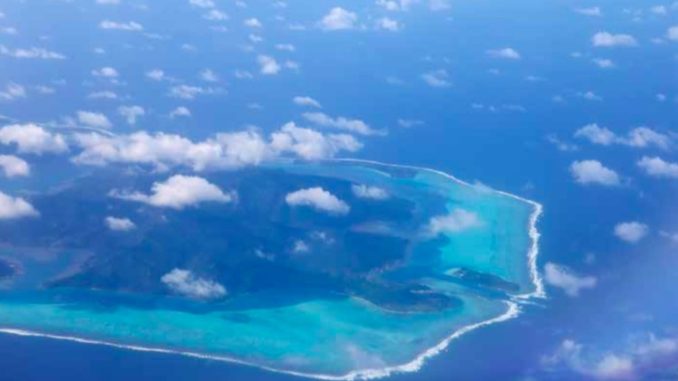
Josie Pagani, Director of the Council for International Development (CID), writes that with the Pacific Reset New Zealand should rethink the nature of its relationship to the Pacific from aid and to real partnership.
It was the first bit of good news for the international NGO sector in New Zealand for a long time: a budget increase of $715 million in aid over four years.
It’s overdue and it only takes us up to 0.28 percent of Gross National Income (GNI), but after lurking at the bottom end of the OECD for the last decade at 0.22 percent of GNI, New Zealand can hold its head high.
A thirty percent increase in the aid budget means we can do our bit as global citizens in some of the most challenging regions in the world, including South Sudan, Syria, with the Rohingya refugees in Bangladesh, as well as in our own region of the Pacific.
Spending money to give young men jobs not guns, to give kids an education, vaccinations so they make it to school in good health, build houses that don’t collapse in a cyclone, or simply to support communities to survive and speak out in conflicts and refugee camps, is not only the right thing to do, it increases security.
Getting development right is inextricably linked to better security. Communities can’t develop without security, and you can’t have security if people are given no positive options to lift themselves out of poverty.
Sometimes it’s so linked, New Zealand NGOs can find themselves working alongside our defence forces, and if we do it right, we’re all better off for the collaboration. In 2016 after Cyclone Winston in Fiji, together we managed to reach 20,000 people in just 72 hours.
But what really made us sit up and listen this year was not just the announcement of more aid money, but the promise of a Pacific Reset.
A ‘reset’ allows us to test everything we do against the simple question: is anyone better off for New Zealand’s contribution? It gives us an opportunity to come up with a new template for aid work and security.
We need to do this because the Pacific is not the benign environment the tourist pamphlets would have us believe. Some countries have not had democratic elections in decades. Others have no local government and therefore no local representation, and community groups are often silenced if they raise their voices against a sitting government.
26 percent of young people are unemployed in Tonga. There are independence referendums coming up in New Caledonia and Bougainville; and we know that the Pacific is becoming a key playground for geopolitical power struggles. China became the largest foreign investor in Fiji in 2016, accounting for over 40 percent of all investment that year. Russian arms shipments to Fiji that same year raised alarm bells.
Enjoying this article? Consider a subscription to the print edition of Line of Defence.
We also know it’s time to move beyond a welfare model of aid where donors (New Zealand) ‘do’ development to beneficiaries (Pacific communities). People in the Pacific want economic independence rather than dependence on aid, and the New Zealand public want to move beyond an aid framework (because otherwise, why not deal with poverty at home first if it’s just about handing over money?).
First we need to rethink the nature of our relationship to the Pacific. It’s not simply a foreign affairs arrangement. We’re too close for that. We’re family.
About 2,000 people live in Niue, while 24,000 Niueans live in New Zealand. 15,000 live in the Cook Islands and about 62,000 Cook Islanders live in New Zealand. Already one in five New Zealanders have Maori or Pasifika heritage, and the trend is growing. That gives us something that no other donor in the Pacific has (including China): a Pacific diaspora who identify as both New Zealanders and Pacific people.
These communities have already re-set the old aid relationships.
They are Pacific business groups based in New Zealand, health organisations, Pacific women’s groups, New Zealand NGOs, and iwi organisations.They are devolving responsibility for development to the Pacific and waiting for governments to catch up.
Ultimately, we may see a Pacific Union, modelled on Europe, where labour and capital move more easily from country to country. In the spirit of reciprocity, Pacific states could commit to standards, just as countries wanting to join the European Union have to prove their commitment to democracy.
What better way to promote our values of human rights, freedom of expression, and democratic institutions, gender equality, workplace standards and access to health and education for every child?
The Pacific reset is our chance to lead the world in moving beyond aid, to do development differently. It’s what real partnership looks like.
We share a region, a climate and family ties. And families look after each other, share their talents, hold each other to account. That’s what a secure and prosperous Pacific looks like.




